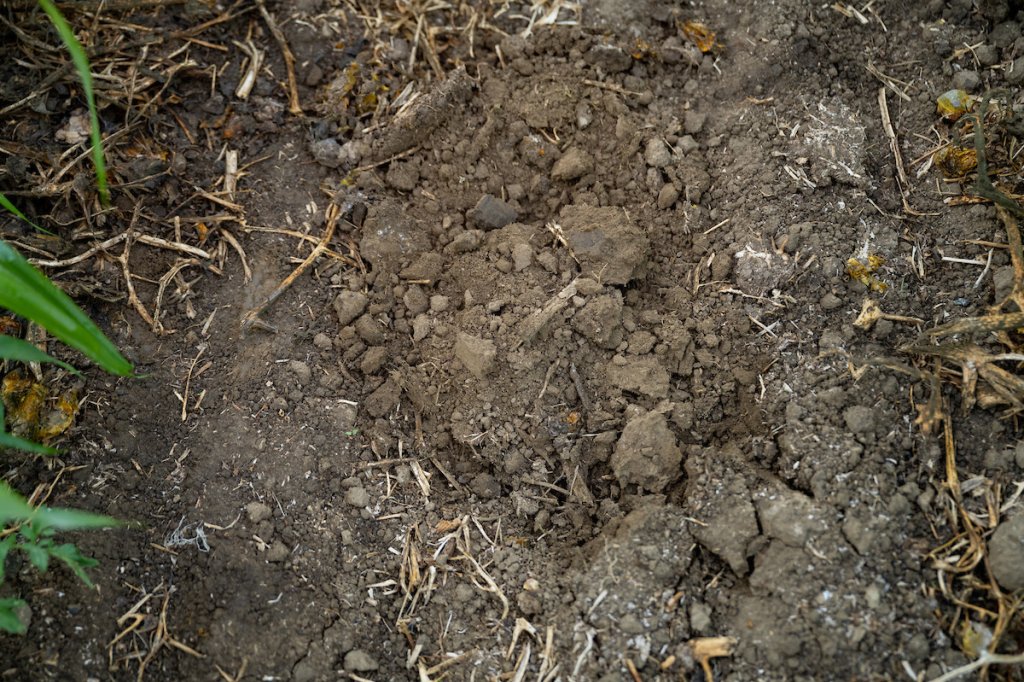Retrospective Soil Health Economic Calculator
The Retrospective Soil Health Economic Calculator (R-SHEC) Tool is an Excel-based tool for quantifying the benefits and costs experienced by already “soil health successful” producers. AFT has released a version for row crops and one for tree nuts.
The row crop version is designed to evaluate the economic effects of the following soil health practices: no-till or reduced tillage, cover crops, nutrient management, and/or conservation crop rotation. The row crop R-SHEC Tool can be used on row crop farms growing barley, corn grain, corn silage, grain sorghum, hay, oats, soybeans, wheat, canola, ensilage, flaxseed, millet, mustard seed, rapeseed, rye, safflower, sugar beets, sunflower seed, and/or triticale (grain).
The tree nut version evaluates the economic effects of cover crops, nutrient management, compost application, and mulching on almond, pistachio, or walnut crops.
We define a “soil health successful” row crop farmer or tree nut grower as someone who has adopted any one or a combination of these practices, ideally for four or more years and within the last 15 years.
The R-SHEC Tool employs partial budgeting analysis (PBA) to calculate changes in net income due to soil health practices. The calculator relies on user inputs and the tool's standardized cost and price information. Data is collected through an interview with the producer using the R-SHEC Questionnaire.
The R-SHEC Tool was developed for use in Midwestern and Mid-Atlantic states but could be used elsewhere with price or cost adjustments as needed. Net income results are displayed in a PBA table on an annual basis per acre AND for the entire study area as a weighted average.
AFT used the R-SHEC Tool to develop the partial budget analysis for our soil health economic case studies that were first funded by a 2018-2021 Conservation Innovation Grant, “Quantifying the Economic and Environmental Benefits of Soil Health.” We continue to produce more case studies.






